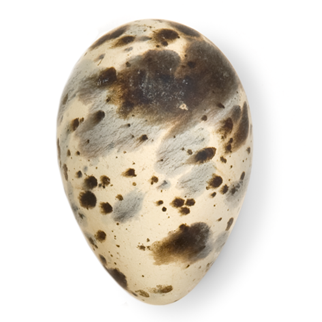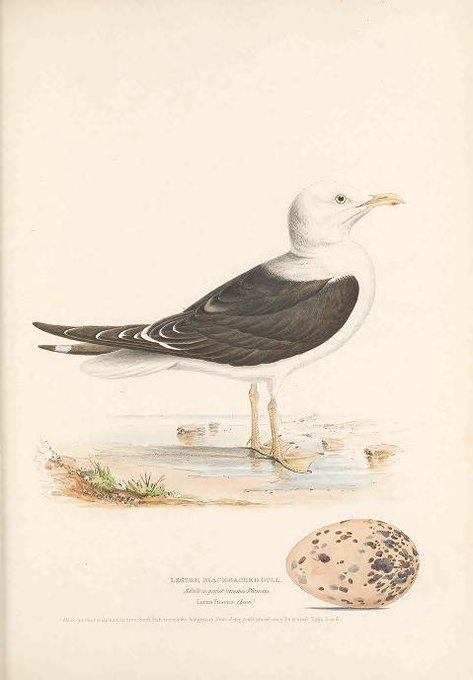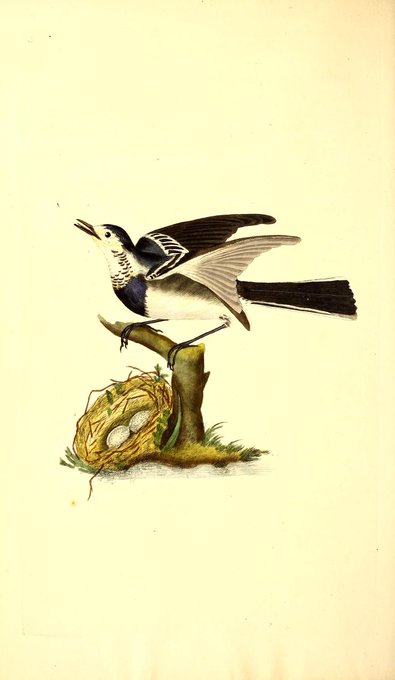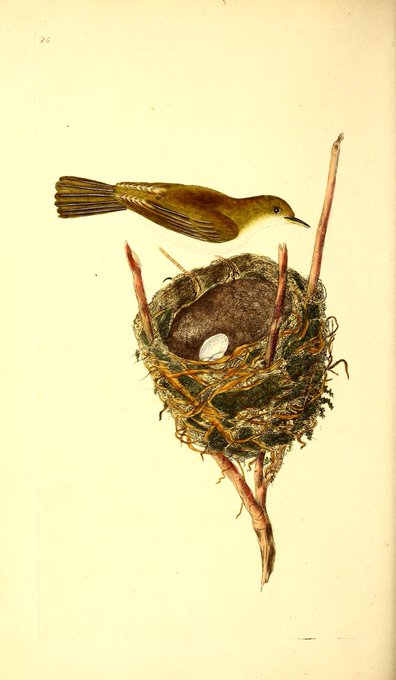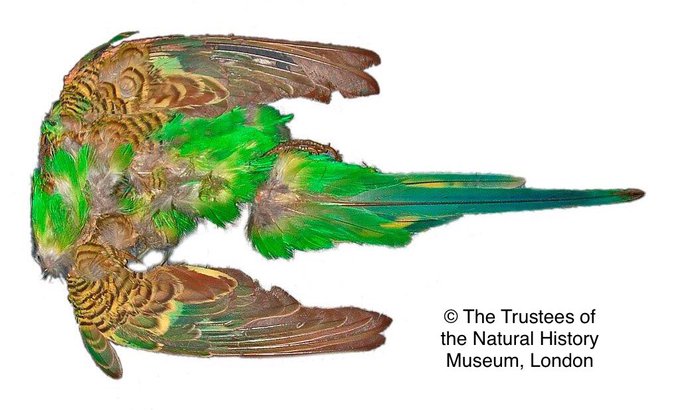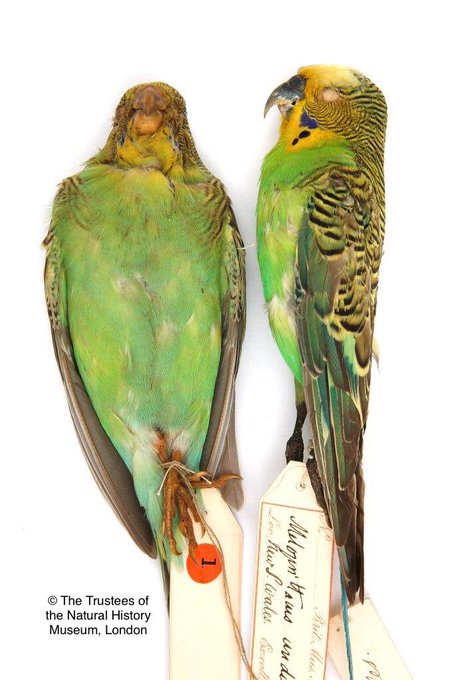Gradually and carefully moving the @NHM_London Oological Card Index into the 300 new archival acid free boxes and fire safes in which they will now be stored. This is the biggest change in the card index’s history since it was started in the early 1900s #Museums #BehindtheScenes
Between 1835-1841, Henry Leonard Meyer (1797-1865) produced, with his wife Mary Ann's help, more than 300 hand-coloured lithographic plates showing birds' and their eggs. Two editions of his 'Illustrations of British Birds' are available @BioDivLibrary https://t.co/2GXVIjoVJs
I was at South Kensington site @NHM_London today and had unexpected opportunity to have a closer look at Roelant Savery’s painting of the Dodo. Painted c. 1626 It struck me that it will soon be 400 years old. We have lost so many more species in the intervening four centuries
Naturalist Edward Donovan published his 'Natural History of British Birds' 1794-1819. His short-lived London Museum & Institute of Natural History closed in 1817 and his collection auctioned. These illustrations are lovely Georgian illustrations of nests & eggs @BioDivLibrary
Plastic waste is a problem everywhere. Cataloguing a recently donated European Goldfinch nest built in Burford, Oxfordshire in 2004 - note the strands of blue polypropylene rope incorporated into the compact small cup of largely natural plant fibres & fur etc. #plasticpollution
Today’s award for ‘most unexpected location for a European Robin nest’ in the archives of the @NHM_London is ‘Nest built in old handbag pushed in mixed hedge’ in 1975. Just proves that if we give birds somewhere suitable to nest in the right location they’ll use it! #ornithology
We may not see this again. A series of Emperor Penguin eggs found at Halley Bay in the 1960s. In 2016 the sea ice there broke up before the penguins fledged. Satellite images have now confirmed a catastrophic collapse of this, the 2nd largest, colony @BAS_News #WorldPenguinDay
Great Tits are the largest of their family in the UK. Like Blue Tits they can nest in some unusual locations and they readily use nest boxes. Research on Tits at Whytham Woods @UniofOxford has been going for >70 years since 1947! https://t.co/9R9URm8jD0 @egioxford #ornithology
One of the earliest books on birds eggs is now available to all #openaccess @BioDivLibrary - The 'Ova Avium' by German zoologist Jacob Klein was written 260 years ago in 1758. Klein used egg collections to illustrate the eggs of c. 140 different species! https://t.co/KKOKjsv0yy
These fragments of Budgerigar were collected during the voyage of HMS Beagle in Australia by Commander John Lort Stokes and we found them in the pages of a notebook in the incredible collection at @NMMGreenwich in 2007. In 1840 John Gould introduced the first living Budgies to UK
